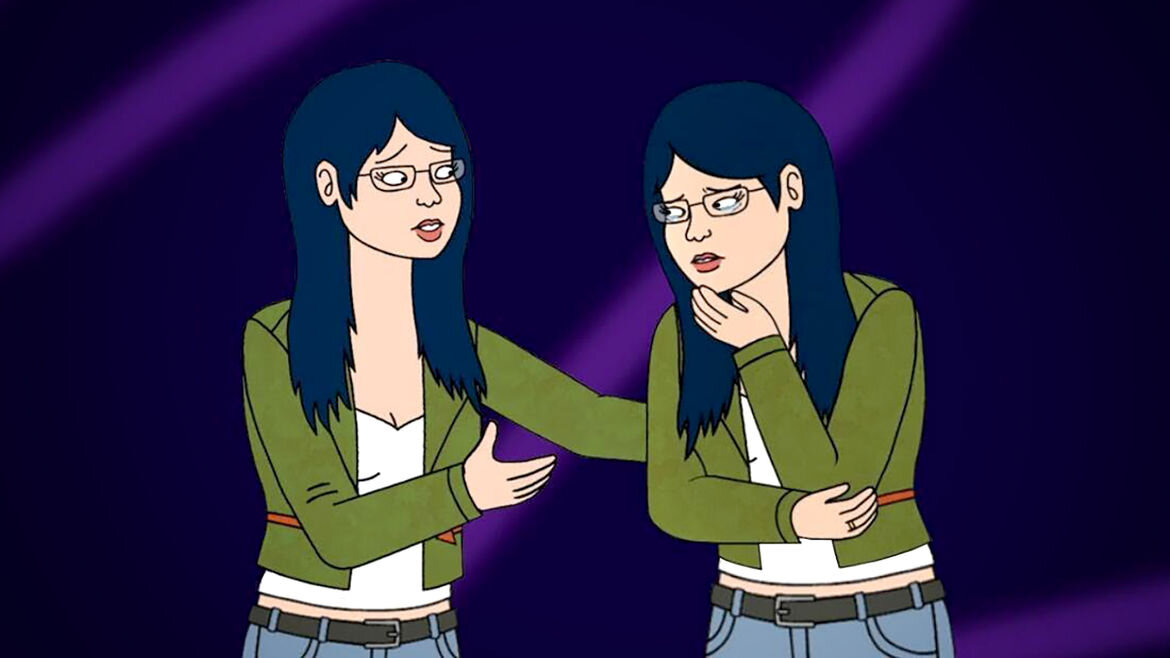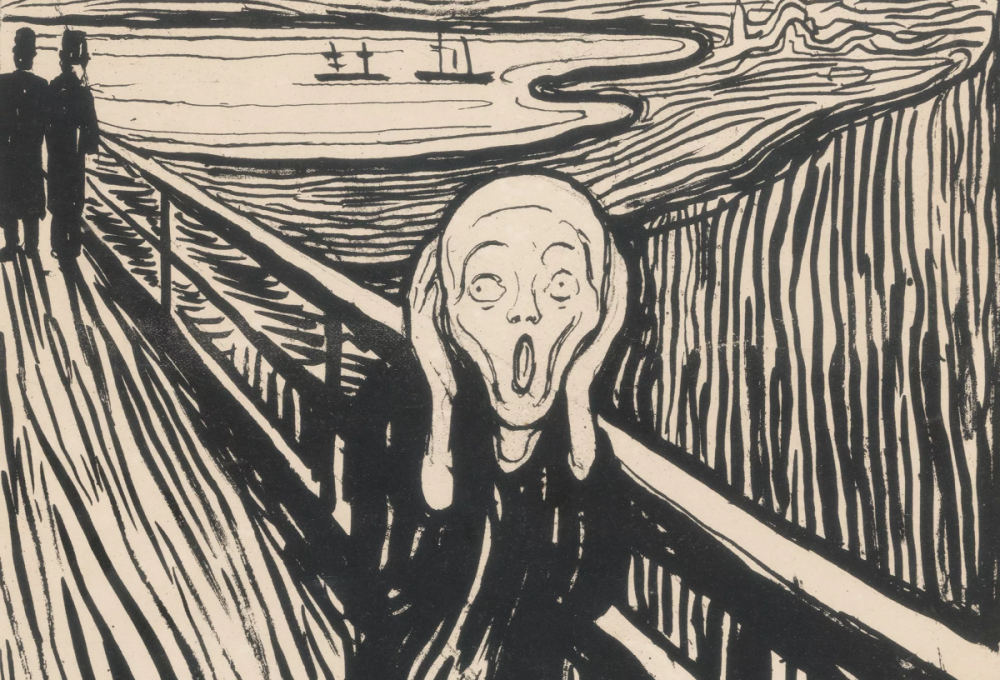Can we ever really get rid of anxiety? In this two part series I’ll discuss anxiety generally and give some tips on how to try to manage it, then I will give you a deeper theoretical dive into the two related but usefully different ways I conceptualize it in treatment.
The very short answer to the first question is no. If you mean to have a life without anxiety, let me go ahead and stop you right now. Save for having a lobotomy, you’re going to have anxiety at sometime or another. It’s simply the cost of being human. Still, we can learn to keep it in a healthy range, to stop it from debilitating us or making us miserable.

In order to do that, we need to understand a bit about what anxiety is and what causes it. Aside from my formal training, my own intimate experience with anxiety has made me very interested in the topic, and I hope able to help you relieve it.
From a very young age I was aware that I had something deep down inside my guts that was constantly telling me how things could go wrong, how much danger or trouble I was in, or could be if I wasn’t careful. And I sure did listen! It was exhausting and demoralizing to say the least. I still have this ‘sense’ but after life experience and a good bit of therapy, my sentinel isn’t nearly as able to take over my life as it has been.
As is my wont, let’s start by having a look at the DSM-5 for a definition of anxiety, which in this case is very simple and common sense; Anxiety is anticipation of future threat. Something negative that is actually happening now causes e.g. fear, anger, or sadness. So the feeling you get as a person chases you down a street is not anxiety, but running to catch a train when you may be late for something is an anxiety scenario.
It’s good to get to know how your body shows anxiety to get better at differentiating it from different emotions. For me anxiety comes as muscle tension, a jittery stomach, and of course racing thoughts that can spiral from fixating on one relatively small thing I didn’t like into being fairly convinced a big part of the world is falling apart. Happily, I’m way better now at containing and even stopping that spiral before it gets out of hand.
Not that many years ago, and for most of my life, I didn’t have the tools to stop anxiety, and I unfortunately worked very hard to hide it from others rather than get treatment.
A few major events in my life finally got me to the point where I decided enough was enough, and I had to confront and handle my anxiety. In therapist-speak I’d say that my anxiety reached a ‘clinically significant’ level, making it diagnosable as one of several types of anxiety disorders, and as such, treatable.

Knowing that there’s a name for what you’re going through can really help ease concern. My therapist diagnosed me with the most common anxiety diagnosis, Generalized Anxiety Disorder (GAD). (The DSM-5 estimates about 1 in 11 people will meet the criteria for GAD in their lifetime).
GAD is so named because the person with it doesn’t have a specific thing or situation that causes them anxiety, but instead it’s like they see most things through a filter of anxiety, of negative expectations. Symptoms include agitation, constant low-level restlessness, tiredness and tension. Some also experience heart palpitations, hives, and sweats.
While talk therapy is the best mid- and long- term treatment for GAD, some people do benefit from medication. In the short term, there are a number of simple exercises you can do to manage your anxiety, be it GAD or otherwise. Here’s a great link for 9 quick mindfulness exercises, and a link for my favorite anxiety exercise, progressive muscle relaxation.
With increased understanding and a few short-term treatments in your back pocket, you can take time to consider to what extent talk therapy will help. Anxious people, particularly who are seeing their anxiety really affect their mood, thinking, and body are probably living unbalanced lives. It is highly likely that underlying this imbalance are unhelpful or as I like to say, maladaptive, beliefs.
This is exactly what good therapy can help with. Some therapists are especially good at using shorter-term treatments such as CBT to help you uncover problems, while others such as myself will use a bit of that but focus more on helping you work through core philosophical or existential concerns that may be causing your anxiety.
Outside of substance abuse or underlying medical conditions, I think the biggest threat to most people’s mental health is anxiety. It’s physically uncomfortable, mentally exhausting, and it tends to drown out the messages of other emotions, which robs us of the info we need to healthily monitor whether our social or relational needs are being met. And prolonged anxiety can lead to depression.
In the next post on anxiety I’ll go more in depth on how I conceptualize it in order to help people. But in the meantime, don’t be like this guy – seek help.
